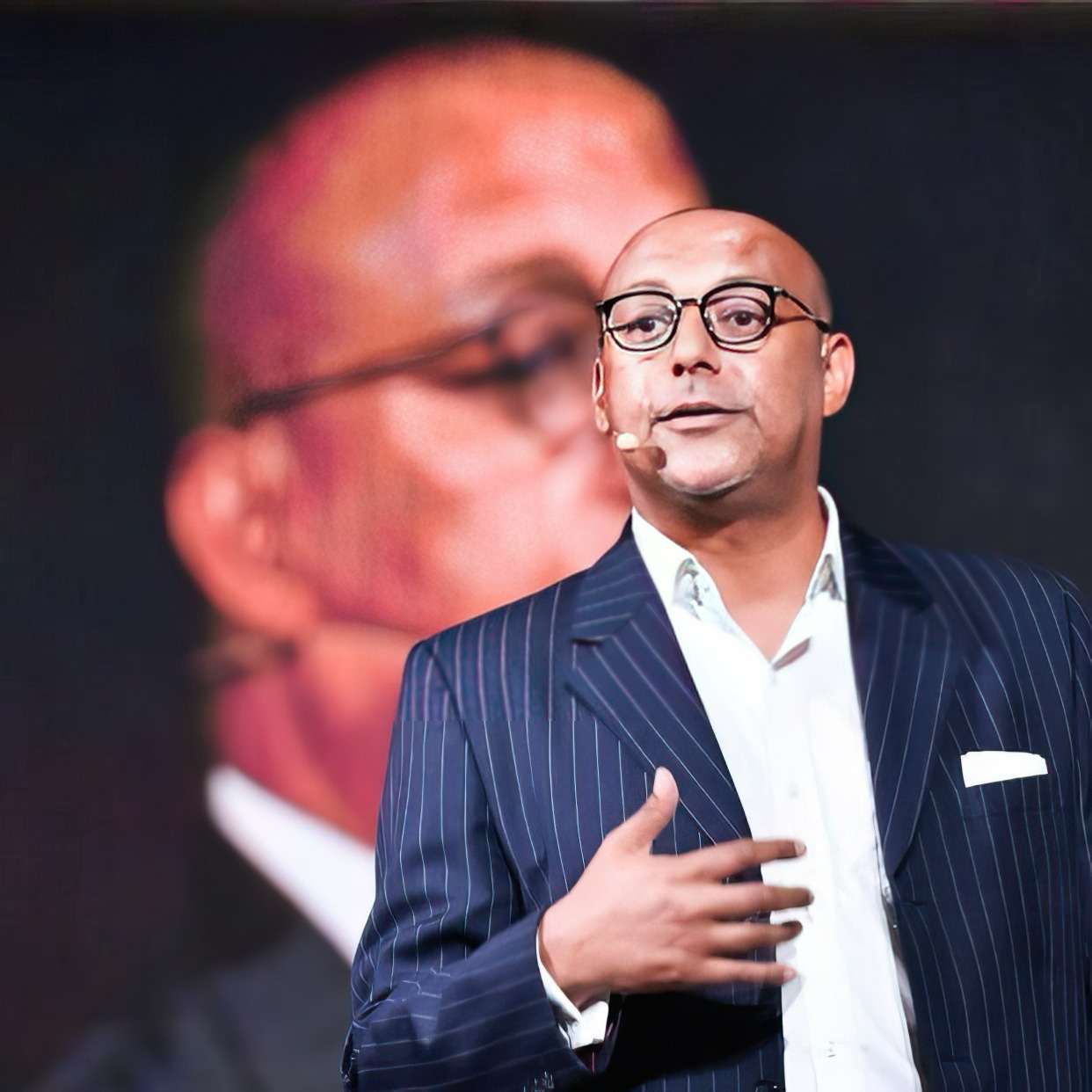Haltia.AI, a trailblazing startup based in the UAE, has achieved a significant milestone in the deployment of artificial intelligence. The company has successfully completed the quantisation of a Large Language Model (LLM) to operate on-device and offline, a first in the region. This advancement marks a new era in AI, enabling powerful AI processing on consumer devices without the need for cloud connectivity.
Haltia.AI’s proprietary technology enables efficient operation of the LLM across various personal devices, including iPhones, in both online and airplane modes. This breakthrough fosters a new level of AI accessibility and integration, making advanced AI technologies more versatile and private.
As Haltia.AI gears up for a market launch in Q1 2024, this technological feat bolsters its ongoing fundraising activities. The startup is currently engaged in SAFEs and pre-revenue funding rounds, supported by a long waitlist of interested early adopters, underscoring the market’s anticipation and confidence in their innovative product.
“Our objective was not just to bridge the gap between sophisticated AI capabilities and daily-use technology, but also to ensure utmost privacy and offline functionality,” said Arto Bendiken, CTO and co-founder at Haltia.AI. “Achieving this on popular devices like iPhones without cloud dependency is a testament to our dedication to user privacy and AI innovation.”
Talal Thabet, CEO and co-founder at Haltia.AI added, “This achievement redefines the landscape of personal AI’s. It demonstrates the practicality and immense potential of high-level AI integration in everyday devices. We’re proud to contribute to the UAE’s vision of being a leader in technological innovation.”
This pioneering work by Haltia.AI is set to influence the global AI industry significantly, establishing new standards for AI applications in personal electronics and beyond. It reaffirms the UAE’s position as not only an emerging hub for technological innovation and optimism but taking the first place globally in AI per capita as per the Economist’s recent assessment.










Discussion about this post